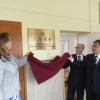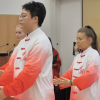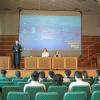Transatlantic Insights - Interview with Dr. Mónika Fodor about the AHEA conference
2025
Jul
10
The 49th Annual Conference of the American Hungarian Educators Association (AHEA) was held at the Faculty of Humanities and Social Sciences of the University of Pécs from June 19-21, under the title Transatlantic Insights: Scholarship in Hungarian and American Contexts. In our interview, Dr. Mónika Fodor, Head of the Department of Literatures and Cultures in English at the University of Pécs and the local chief organizer of the conference shared her insights on the event.
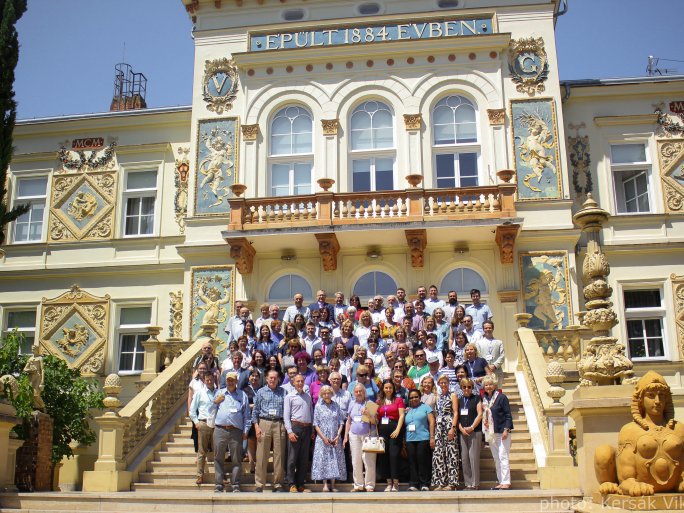
The Conference, held at the headquarters of the Pécs Regional Committee of the Hungarian Academy of Sciences (MTA), serves as an academic forum for sharing research results in Hungarian culture, history, literature, folklore, language, fine arts, music, and related disciplines. In addition to diverse academic presentations, it also offers community programs that help strengthen international ties among people of Hungarian origin. Established in 1974, the American Hungarian Educators Association is a professional and scholarly organization devoted to teaching and disseminating Hungarian culture and Hungarian studies in the United States, Canada and Central European countries with significant indigenous Hungarian minorities. Since 2000, the conference has been hosted annually by a partner university in the US and every five years by a university in the Carpathian Basin.
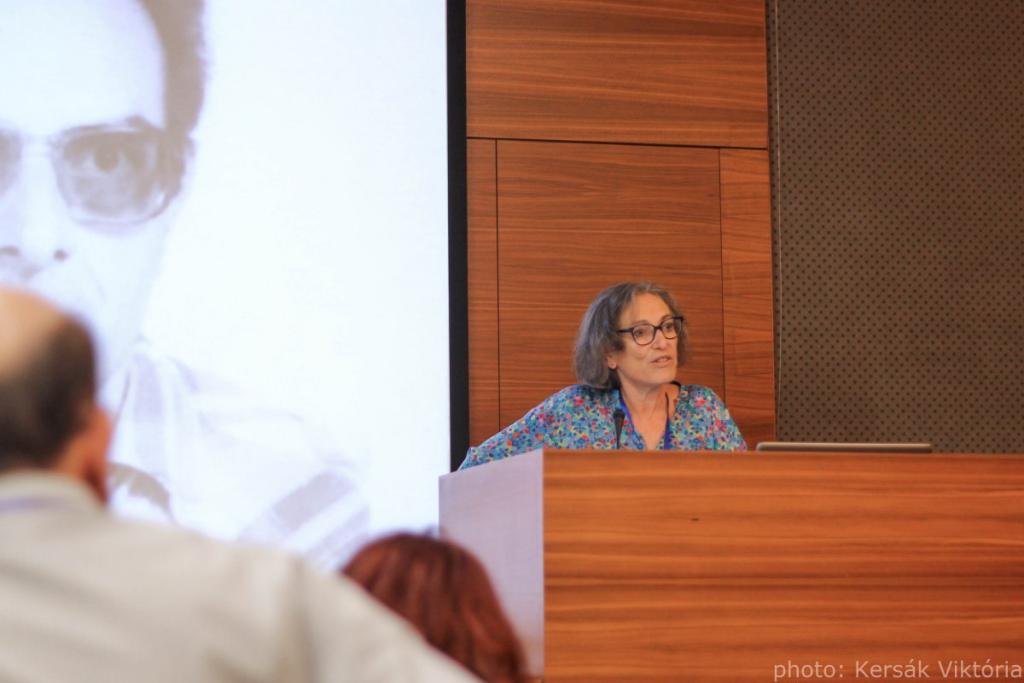
What was the goal of this year’s conference?
One of our aim was to help people stay connected – not to let the event end when the presentations are over, but to encourage continued conversations afterward. This is not a disciplinary conference; rather, it is held together by knowledge-sharing and connection. That is precisely why Hungarians residing in America established this forum: to provide a space for those living in the diaspora.
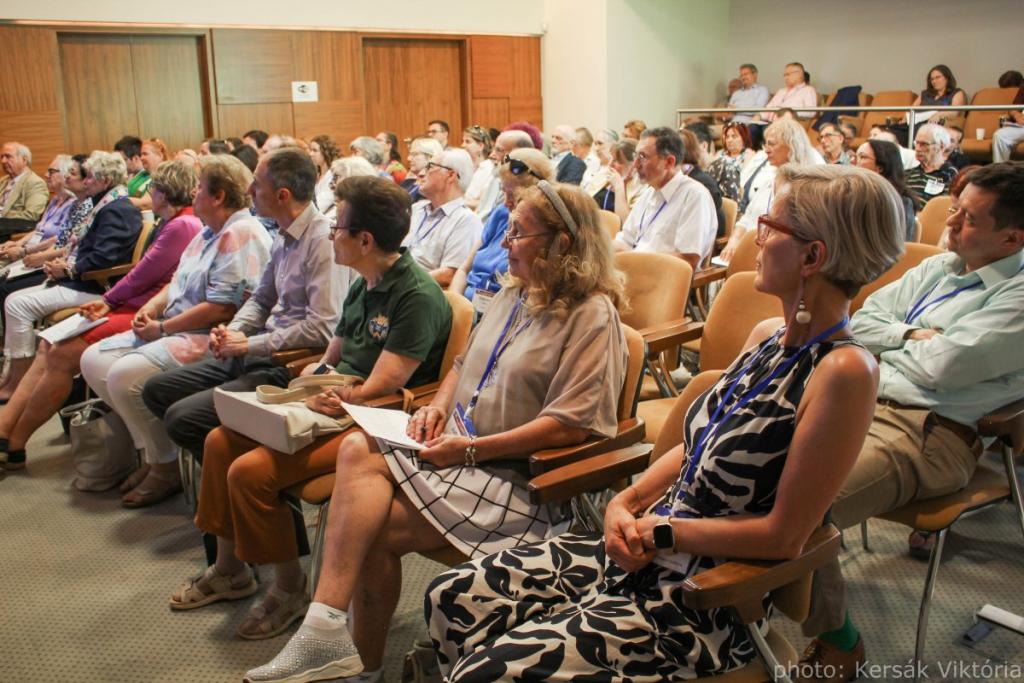
How many people attended the conference?
There were more than 80 participants, most of whom gave presentations. AHEA’s core American members attend nearly every conference. In addition to the leadership many participants from various American universities affiliated with the organization were also present. The editorial team of Hungarian Cultural Studies – AHEA’s annual scholarly journal, where many of the presented studies are published – also attended. A unique aspect of this year’s conference was that the Fulbright Commission in Hungary arranged an alumni meetup. Several former Fulbright scholarship recipients who had previously been to Pécs returned and some of them even gave presentations.
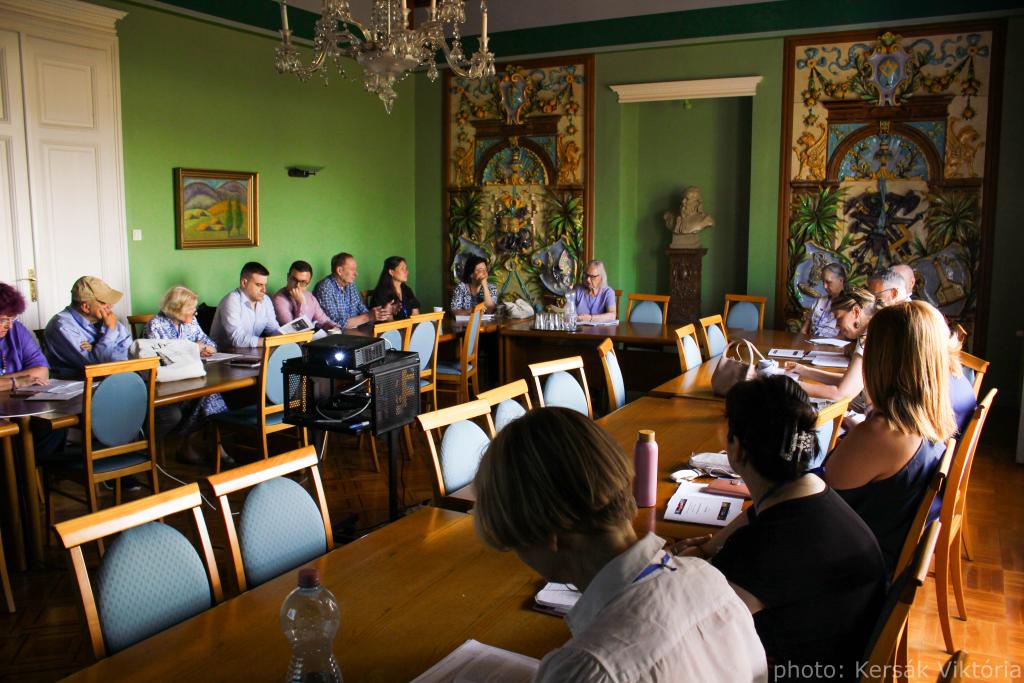
How did the three-day event unfold?
Fortunately, everything went smoothly. AHEA had originally wanted to come to Pécs in 2020 – we had suggested it back in 2015 as the next potential location after Budapest, Szeged, and Kolozsvár (Cluj-Napoca). However, due to travel restrictions during the coronavirus pandemic, the conference was ultimately held online from the MTA headquarters, and Pécs remained as a planned location for the next in-person event.
At AHEA’s request, this year’s conference was again hosted at the MTA headquarters, which proved to be an excellent choice for several reasons. The villa itself is beautiful, which particularly delighted the first time visitors. Additionally, the more intimate venue helped keep participants together fostering a united community. The infrastructure was fully prepared – we received extensive technical support, and the entire staff was at our disposal. There wasn’t a single request they couldn’t fulfill, for which we are truly grateful.
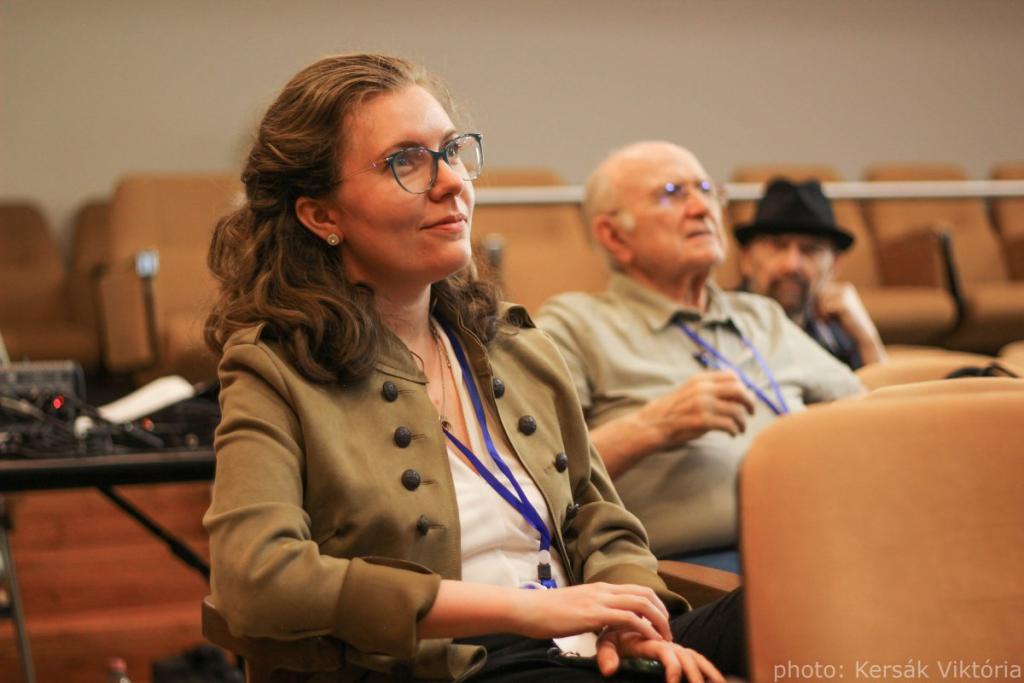
As Helga Lénárt-Cheng, the outgoing president of AHEA, emphasized that this conference achieved something that larger ones often struggle with: engaging discussions developed between presentations. As she put it, the panels "overflowed" into further conversation.
This year, due to the high number of speakers, presentations began early Thursday afternoon. The first day concluded with a wine tasting and a film screening. Friday was dedicated entirely to academic presentations, held in three parallel sessions throughout the day. After the closing plenary lecture and keynote on Saturday afternoon, the conference concluded with an evening dinner at the Bloom Winery in Villány.
I believe the conference was very successful – we received many positive feedback. I hope everyone returned home with good memories, especially after the post-conference trip in the following days, during which participants could explore the Pécs region through guided tours.
Bence Varga
Photo: Viktória Kersák
- Log in to post comments
University of Pécs | Chancellery | IT Directorate | Portal group - 2020.
